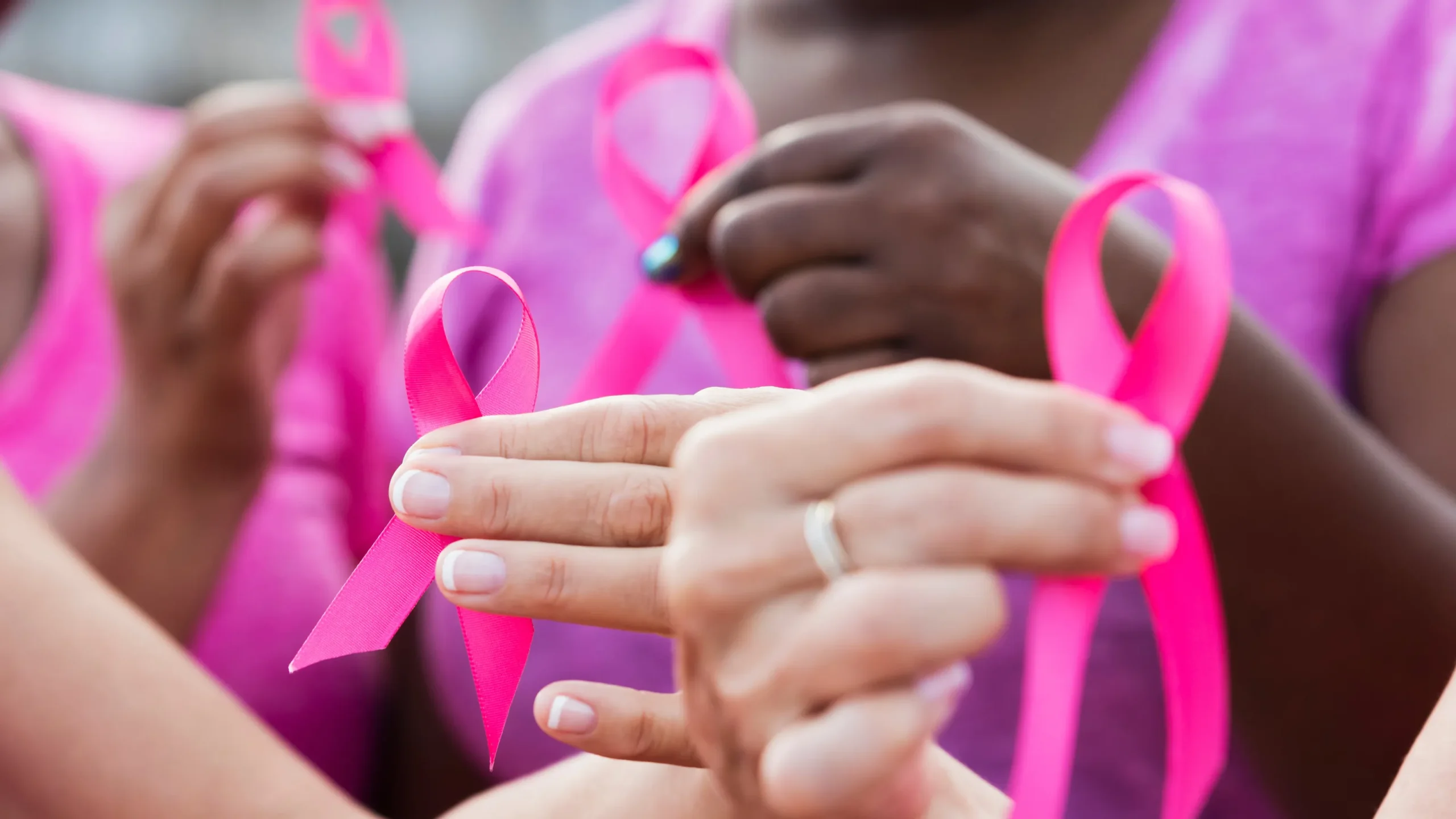October marks Breast Cancer Awareness Month, highlighting a critical issue in Washington where it ranks as the second leading cause of cancer deaths among women. Yet, the impact of this disease disproportionately affects one particular group.
According to the Breast Cancer Research Foundation, Black women face lower survival rates, with a 40% increased risk of dying compared to other women following a new diagnosis.
Dr. Eileen Consorti, director of Overlake Cancer Center, attributes these disparities to a range of social, economic, and behavioral factors. “They’re afraid to come in and get that test done.
Economically underserved areas, typically not insured. Afraid to search out clinics that can provide that service to them,” she explained.
Additionally, Black women are at higher risk for Triple-negative Breast Cancer, a more aggressive type with poorer outcomes.
Early detection is crucial for all women, especially Black women, emphasized Dr. Consorti, a breast surgeon and cancer survivor herself. She recommends annual mammograms starting at age 40, or earlier if there is suspicion.
Terren Rodriguez, a medical assistant at Overlake Cancer Center, echoed the importance of proactive screening.
“Every diagnosis is eye-opening. It’s just so important for everyone to get their screening and be active in their care,” she emphasized.
Brenda Mvula, a patient at Overlake Cancer Center, moved to Seattle in July 2022 to start anew after losing her sister to breast cancer. Little did she know, a similar fate awaited her.
“I just saw a swelling on my breast. So, after I saw the swelling, I didn’t want to believe that it could be breast cancer.

So, I kept pushing it aside,” Brenda recalled. Eventually seeking medical help in Nov. 2022, a lump in her right breast was diagnosed as stage three breast cancer.
Radiologist Dr. Steven Scallon described Brenda’s mammogram results as revealing “a large, irregular, high-density mass” in her breast. The news was devastating for Brenda, who felt her world crumbling.
“I didn’t want to believe it. And after I was told, I didn’t even know what to do or what to say. So, all I could do was cry,” she recounted.
Beginning aggressive chemotherapy treatment in March 2023, Brenda faced additional challenges with a concurrent leukemia diagnosis.
“Nowadays, we do have better treatments. They’re more targeted, they have less of the side effects you hear about,” explained Dr. Stephen Lemon, her medical oncologist.
Despite the hardships, Brenda completed her chemotherapy with minimal side effects. In Sept. 2023, she underwent a double mastectomy and lymph node removal to reduce the risk of cancer recurrence.
“It was hard, having [my] breasts removed. But I think I’m now beginning to accept that this is who I am now. So, life has to go on,” Brenda reflected.
Dr. Consorti expressed sadness seeing women with advanced disease, stressing the importance of early detection for better outcomes.
Brenda credits the treatment and care at Overlake for saving her life from becoming a grim statistic among Black women. She remains optimistic, starting radiation treatment in November 2023.
“In memory of her sister, Brenda draws strength from her faith in the fight for her life. ‘I’m so optimistic that I’m going to beat this thing because I will not allow cancer to bring me down,’ she declared,” showcasing her resilience and determination.
